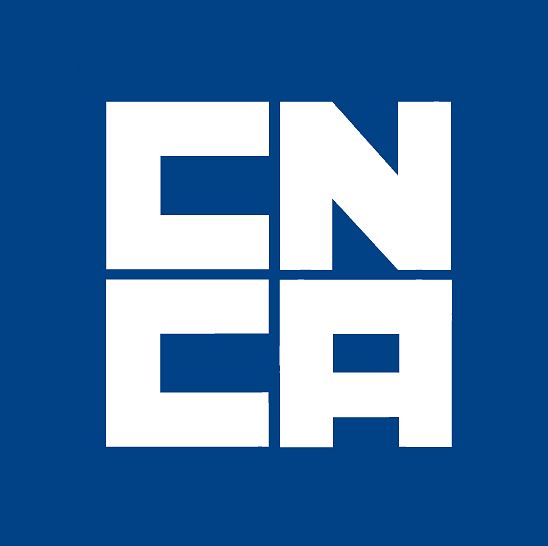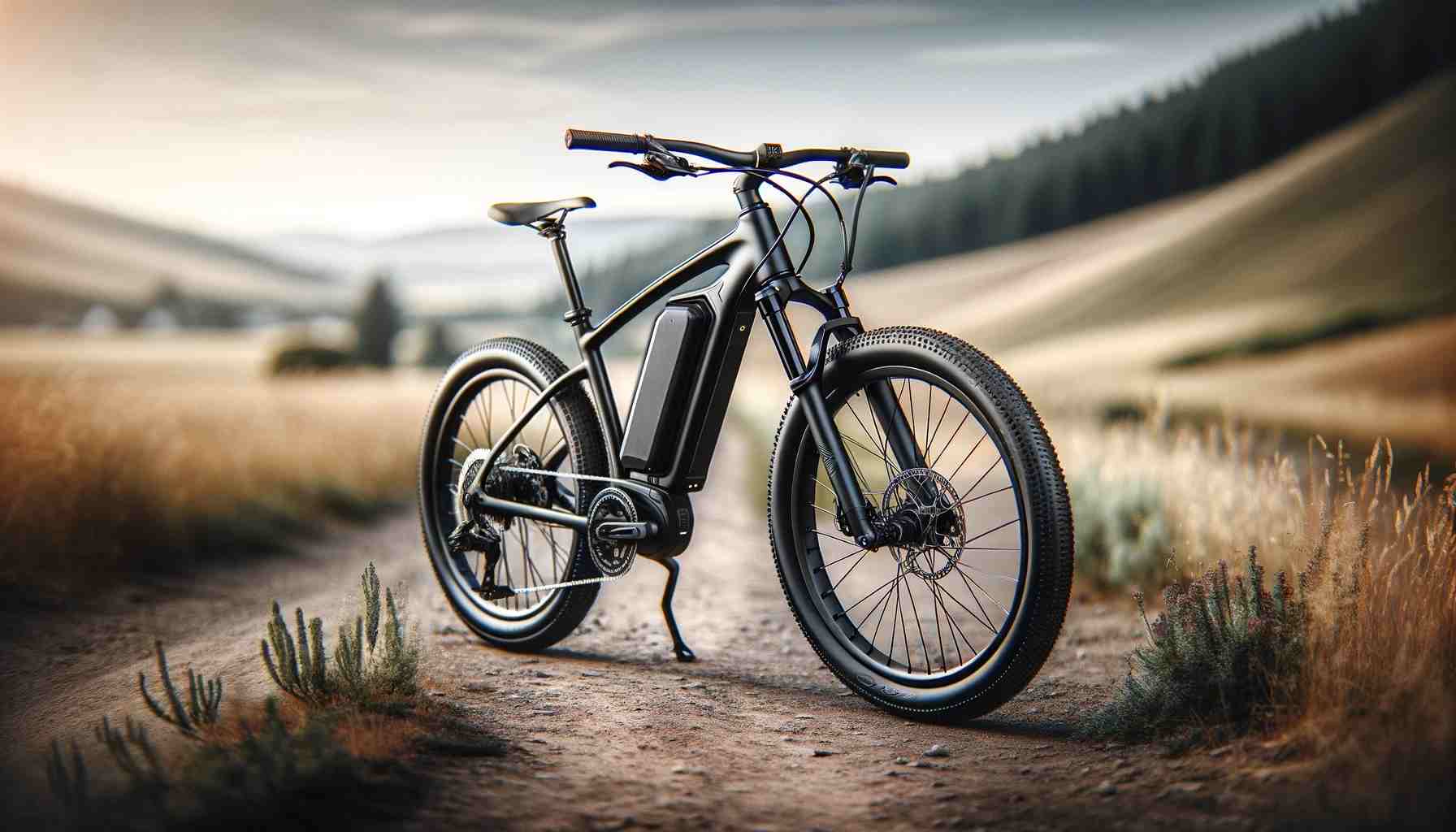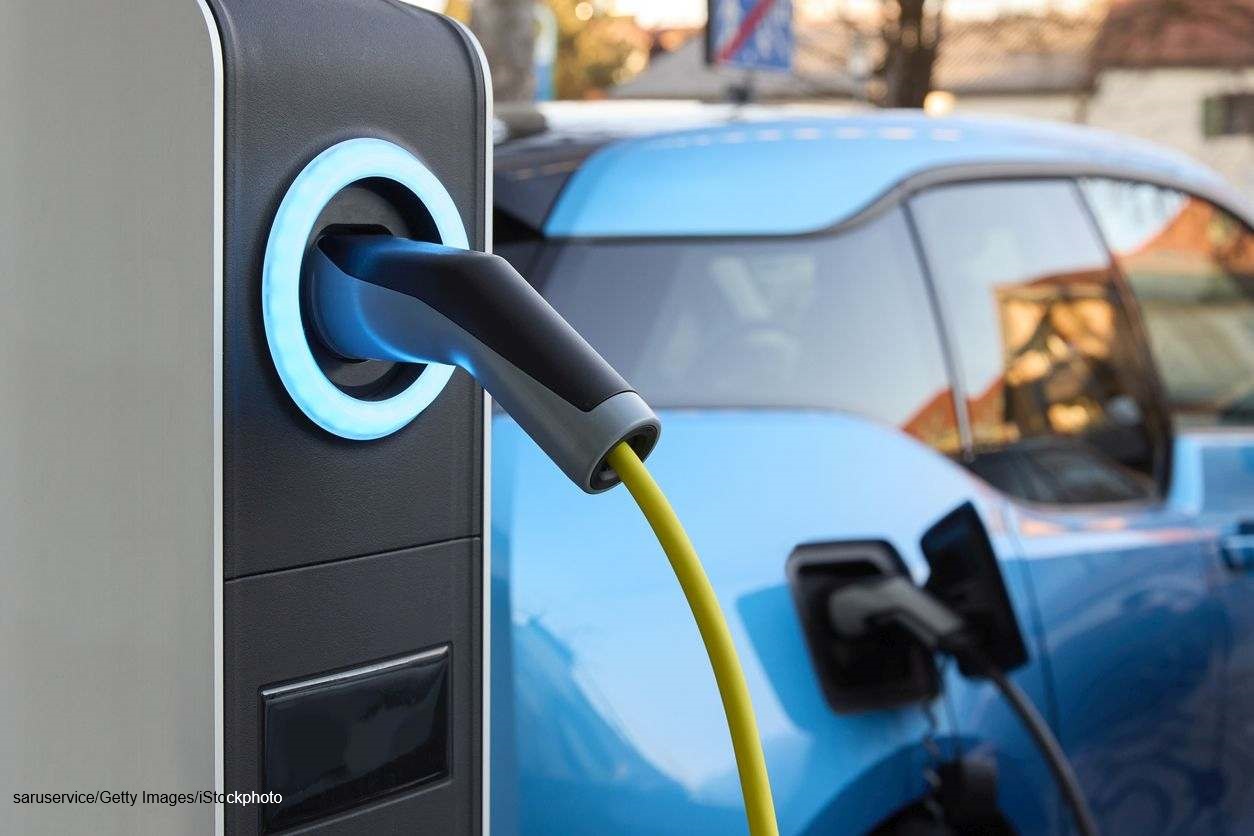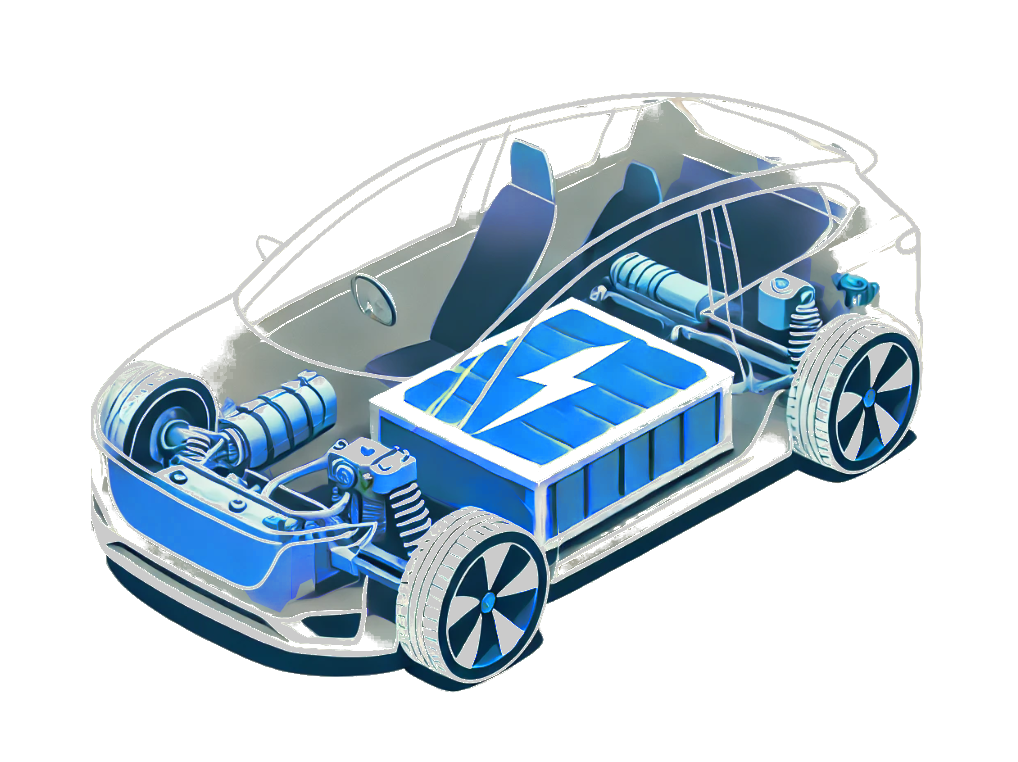Chinese EV makers find new niche market for delivery trucks in Japan
17. June 2022Logistics companies in Japan are trying to cut costs and make the most of the online shopping boom during the covid pandemic. Chinese EV manufacturers, whose delivery vans make delivering shipments not only cheaper but also cleaner, are coming in handy. Tokyo-based SBS Holdings is a logistics company that provides delivery services. Recently, the company announced it was buying 2,000 light delivery trucks from Japanese EV startup folofly. The vehicles will be produced by a subsidiary of Dongfeng Motor Group and other Chinese vehicle manufacturers. In addition, another Japanese logistics service provider, Sagawa Express, plans to purchase 7,200 electric mini-vans from Guangxi Automobile Group. Vehicles and components must be awarded a CCC certificate in order for the products to be exported to China or manufactured locally.
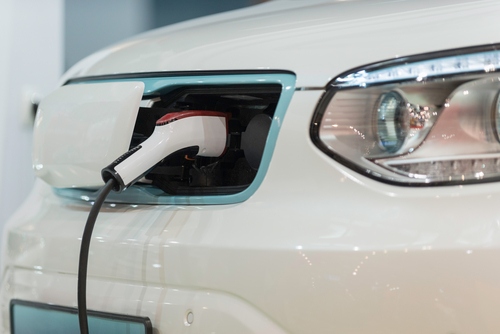
“Japanese-made electric cars are beyond our budget,” said SBS Holdings President Masahiko Kamata. “Japanese automakers say it is impossible to lower prices. Therefore, we saw no other option but to buy cheaper cars from China. We can’t expect our customers to pay more for delivery just because we own expensive delivery vehicles,” Kamata added. In the future, SBS expects to have a fleet of about 10,000 electric delivery trucks for e-commerce deliveries. The small trucks have a range of about 200 kilometers on one battery charge and cost around $33,000.
Although Japan is not currently a big market for EVs – just 1 percent market share compared with 30 percent in some Chinese cities – automakers from China see their opportunity. BYD Co, which is financially backed by Warren Buffett and others, already has about 70 percent market share in electric buses in Japan. BYD aims to have about 4,000 buses in operation there by 2030. “Japan has a well-developed automotive industry due to its quality-oriented market. Therefore, entering the market there is an important step,” a BYD spokesperson said. The companies involved in the current deals, however, were reluctant to provide details. A spokesman for Dongfeng Motors did not respond to press inquiries. Guangxi Automobile said only that the deal would accelerate the development of Japan’s electric delivery van market.
CCC certification is a complex project that requires professional supervision at all stages. For more information on how CCC certification, the CCC Self-Declaration and voluntary CCAP or CQC certification may affect your company, or for more information about CCC certification in general, the process, and the associated costs, please visit our website and our News Section where you will find current updates twice a week.
Please do not hesitate to contact us for further details and consultation. You can contact us via e-mail, or call us (UK: +44 2071931135, Rest of Europe: +49 69 2713769150, US: +1 773 654-2673).
Please don’t hesitate to also use our chat-window in the bottom right corner if you have any questions. (Please check your browser settings if you can’t see the window)
You can also check out our free CCC-Brochure, which can be downloaded right here as a PDF file or you consult our book (in English) “A Brief Guide to CCC: China Compulsory Certification”, which can be found directly here on Amazon.
Here you can download our brochure about the CCC Self-Declaration.
Here you can download our brochure about the voluntary CCAP or CQC certification.




